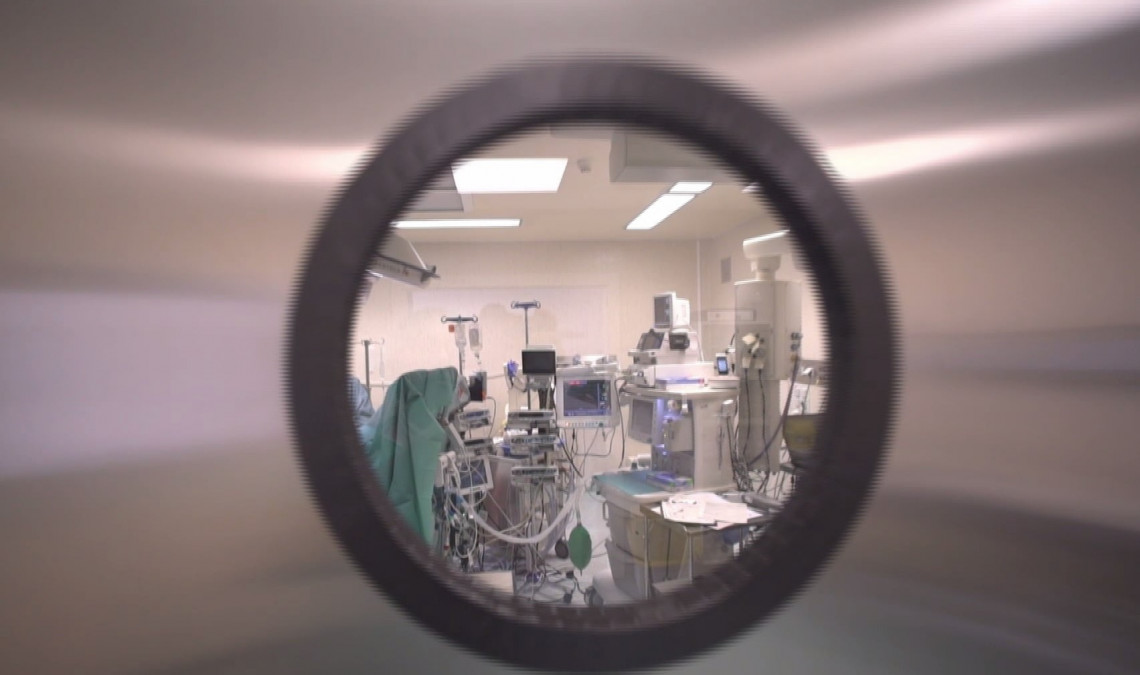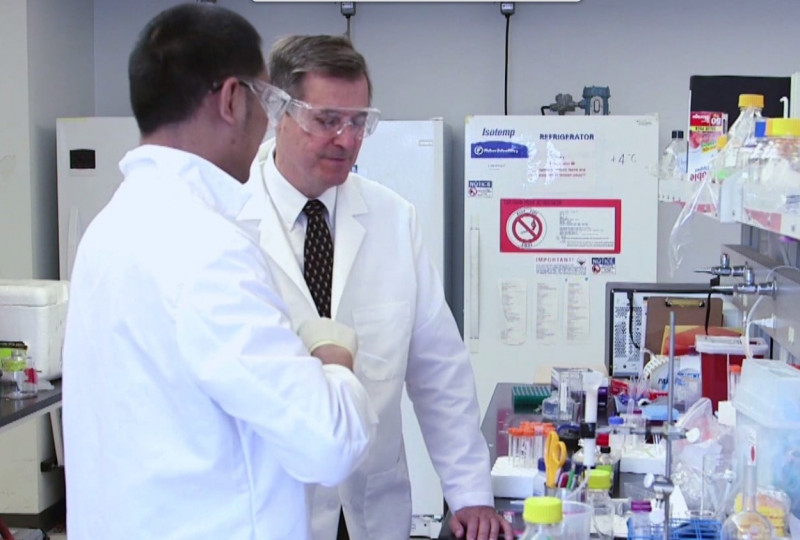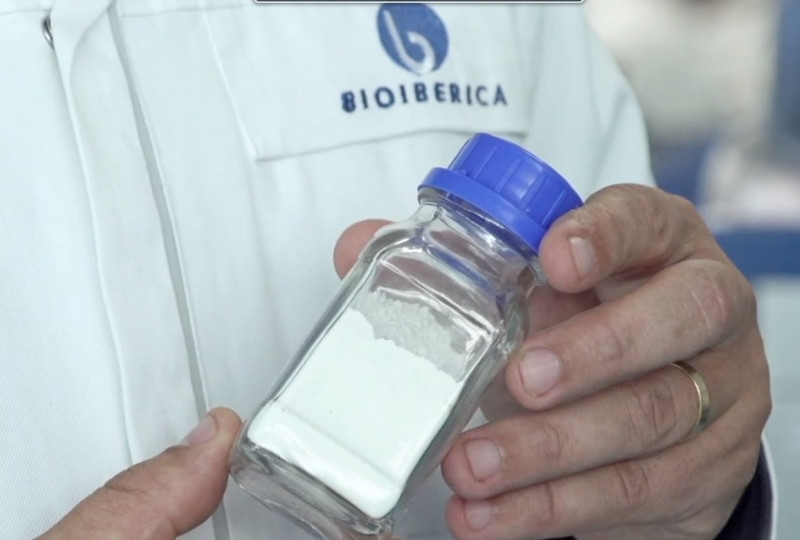A look to the future of heparin

100 international participants gathered and the focus of debate centered on a single molecule: heparin. Late last year, leading glycosaminoglycan specialists convened to discuss the future of this anticoagulant drug that saves more than 100 million lives every year, and we had the opportunity to talk to some of them.
Dr. Jawed Fareed, Prof. Pathology and Pharmacology Loyola University Medical Centre
Heparin is the first anticoagulant drug which is used to keep the blood in fluid state and initially, when it was discovered, we needed something to do surgeries, to keep the blood from clotting. So for such a long time, it is the only drug, which can be given to patients to keep the blood in fluid state and not have any thrombosis.
Prof. Job Harenberg, Internal Medicine Heidelberg University
"1 in 4 deaths worldwide is related to thrombosis"
Cardiovascular diseases such as myocardial infarction, stroke, urinal diseases, thrombosis, pulmonary embolism…, they are currently about 12 million per year in all over the world, and of this about 30% of these patients they will die about just from pulmonary embolism caused by deep vein thrombosis. And this number is increasing over the next 10 years by about a 30%.
Symposium: Heparin’s centenary (Milan, September 2016)
Dr. Annamaria Naggi, Director Ronzoni Institue
Now is the centenary of the discovery of heparin and we wanted to celebrate this with a meeting, an extra meeting, and we collect a number of people, we are very happy that the initiative had a success.
Zachary Shriver, Harvard-MIT Division of Health Sciences & Technology
"In 2008, more than 100 people died in the USA for contaminated heparin produced in China"
So, what I will be speaking about today is at recent efforts really to take molecular level characterization techniques and apply them to the control of heparin and make sure that heparin is safe, and this evolved out of the situation that occurred in early 2008 where heparin unfortunately was laced with a contaminant called oversulfated chondroitin sulfate and that, unfortunately, caused some severe reactions in people, patients who were receiving heparin and ultimately probably lead to some patients deaths.
Well, I can’t say it’s never going to happen again. I would say it would be very, very difficult at this point for contaminated like oversulfated chondroitin sulfate to reenter the heparin supply chain.
Dr. Jawed Fareed, Prof. Pathology and Pharmacology Loyola University Medical Centre
For the anticoagulant purposes, I think the unfractionated heparin as we have used for the past 50 years, will still be the drug of choice. The synthetic drugs are very useful, they can be used for preventing thrombosis and some other purposes, but they cannot be used for surgical purposes, they cannot be used like for open heart surgery inmuno-dialysis because these drugs are single target drugs.
Dr. Annamaria Naggi, Director Ronzoni Institue
Heparin has one hundred years but we have more to do after this, more and more to study, and also the use of heparin for the future is open. Heparin has a future now.
Related stories

Despite being a centenary drug, heparin remains as one of the essential drugs of medicine and especially of modern surgery but, in addition, possible applications in malaria, cancer or fertility are being investigated.

The use of heparin in pregnancy is increasingly common to avoid thromboembolic complications, abortions or delays in fetal growth. In this story, Monica tells us how thanks to heparin, she was able to bring her third pregnancy to term.

Since its foundation in 1975, Bioiberica has been focused on the production of heparin. The company understood that it was an active ingredient indispensable for human health and that it was important to be able to offer the maximum guarantees of safety and traceability.